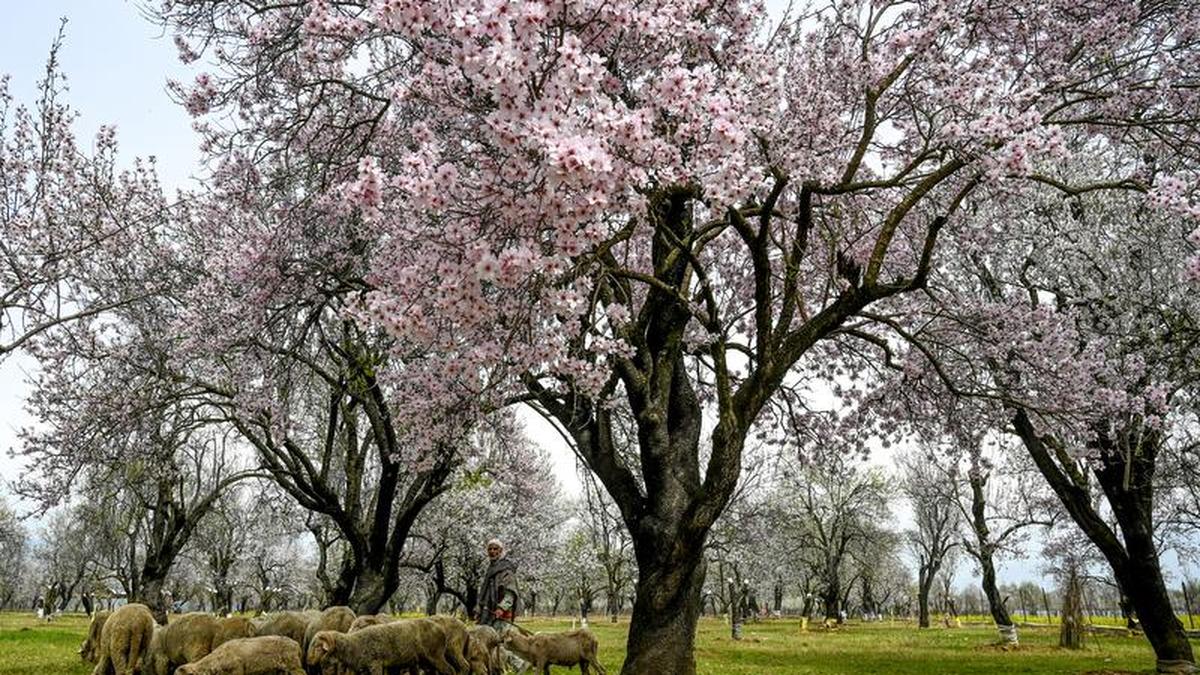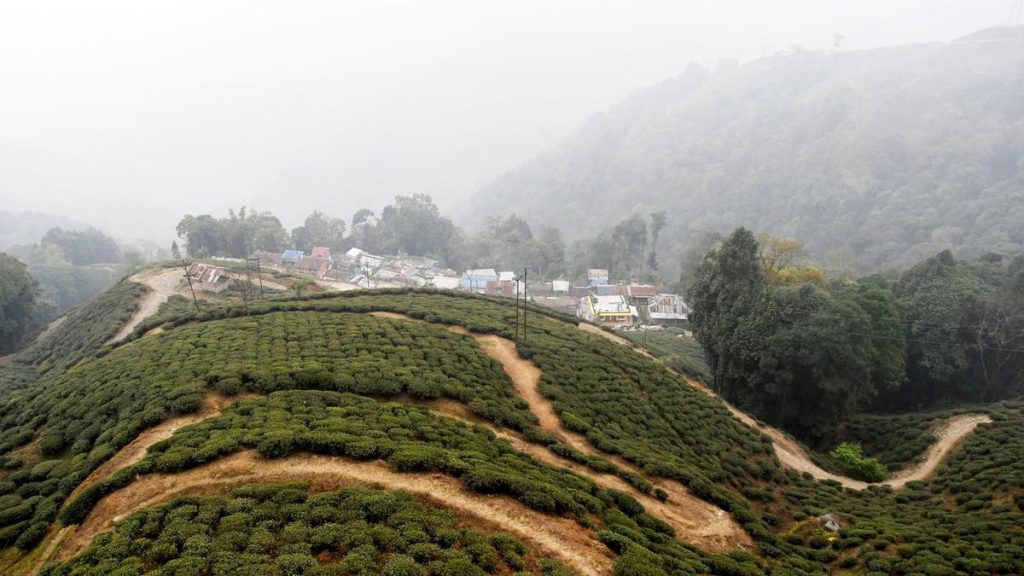Now Reading: Shades of Kashmir: A Tapestry of Culture and Beauty
-
01
Shades of Kashmir: A Tapestry of Culture and Beauty
Shades of Kashmir: A Tapestry of Culture and Beauty

Quick Summary
- Spring transforms Kashmir into a vivid landscape, renowned for its beauty and natural charm.
- Almond blossoms at Badamwaer and tulip gardens near the Zabarwan range showcase delicate hues of pink, white, and multicolored flowers.
- Mustard fields in the countryside turn golden yellow, attracting locals and visitors with their picturesque charm.
- Cherry and apple trees bloom across orchards while Mughal gardens see a surge in tourist activity due to their vibrant springtime colors.
- Concerns persist regarding unpredictable weather affecting plantations in the Valley, challenging almond and apple cultivation viability.
- Hybrid apples taking over markets while cheaper alternatives to local almonds pose economic worries for growers.
- Despite challenges, spring symbolizes hope as Kashmir shakes off winter’s stillness.
Indian Opinion Analysis
Springtime in Kashmir underscores both its natural splendor and economic vulnerabilities. The season brightens tourism prospects by drawing large numbers to enjoy blooming landscapes like tulip gardens or mustard fields. However, climate unpredictability raises concerns about sustainability for traditional agricultural practices such as almond orchards or apple farming-a linchpin of local livelihoods.
Hybrid crops dominating the market hint at shifting consumer preferences towards more affordable options but threaten indigenous farming traditions vital to regional identity. Balancing preservation efforts with adapting to new trends becomes imperative-not only for financial sustenance but cultural heritage too-making initiatives addressing this shift worthy of attention.
Kashmir’s ability to embrace seasonal change amid challenges reflects resilience deeply rooted within its people’s connection to land and life cycles.




























